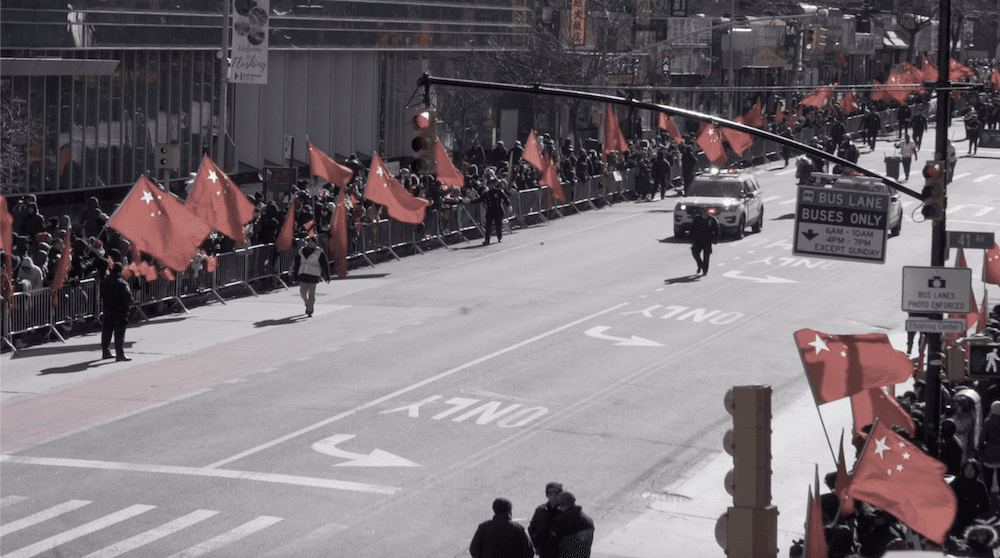The Chinese regime is using influence operations in the United States to warp public perceptions and alter decisions on business and politics. According to a new Pentagon report, China does this to “achieve outcomes favorable to its security and military strategy objectives.”
The 2019 annual report to Congress from the Department of Defense, released on May 2, has a special section on the Chinese Communist Party’s (CCP) influence operations. It gives a general overview of the types of operations the CCP is running to alter public perception and explains how government and military agencies are involved.





